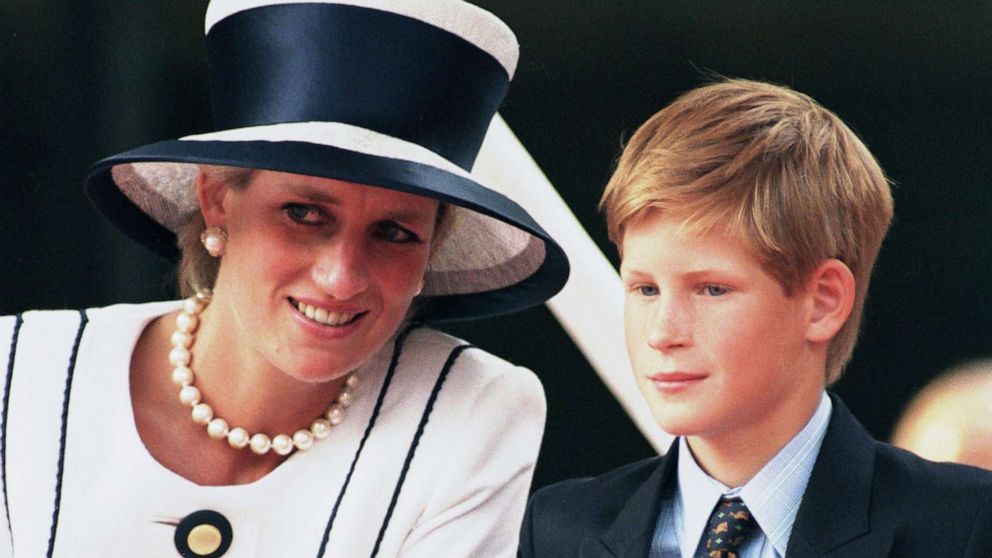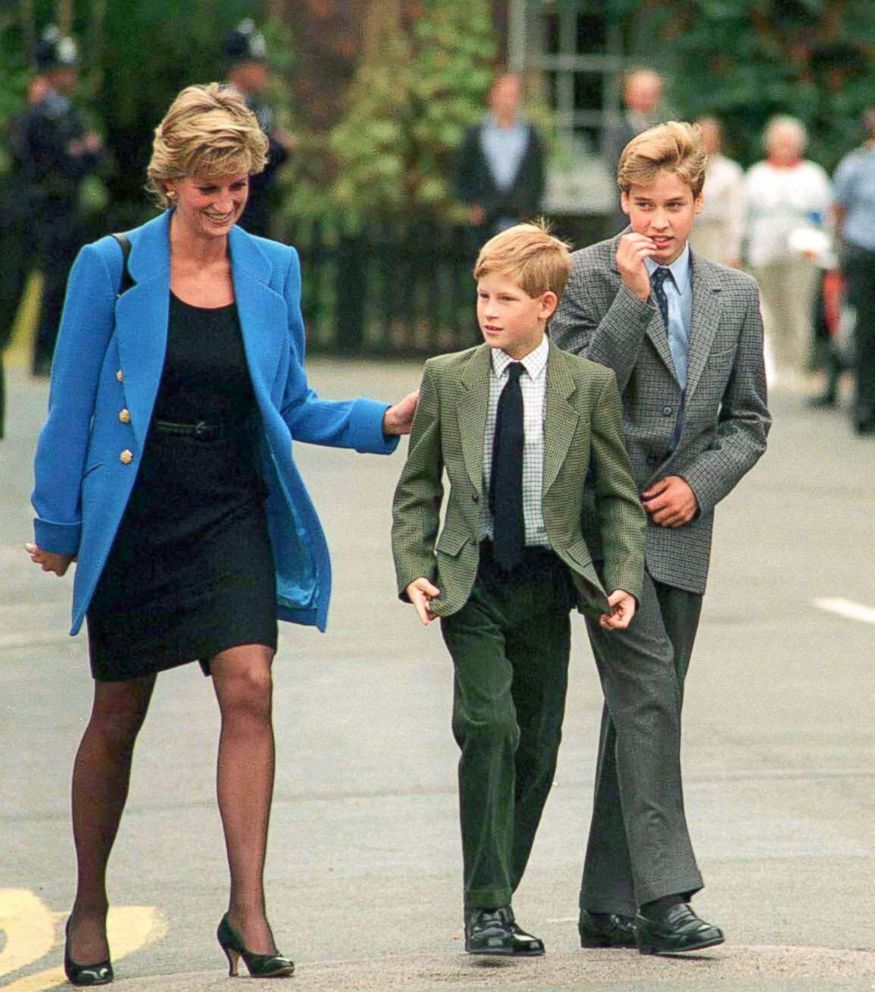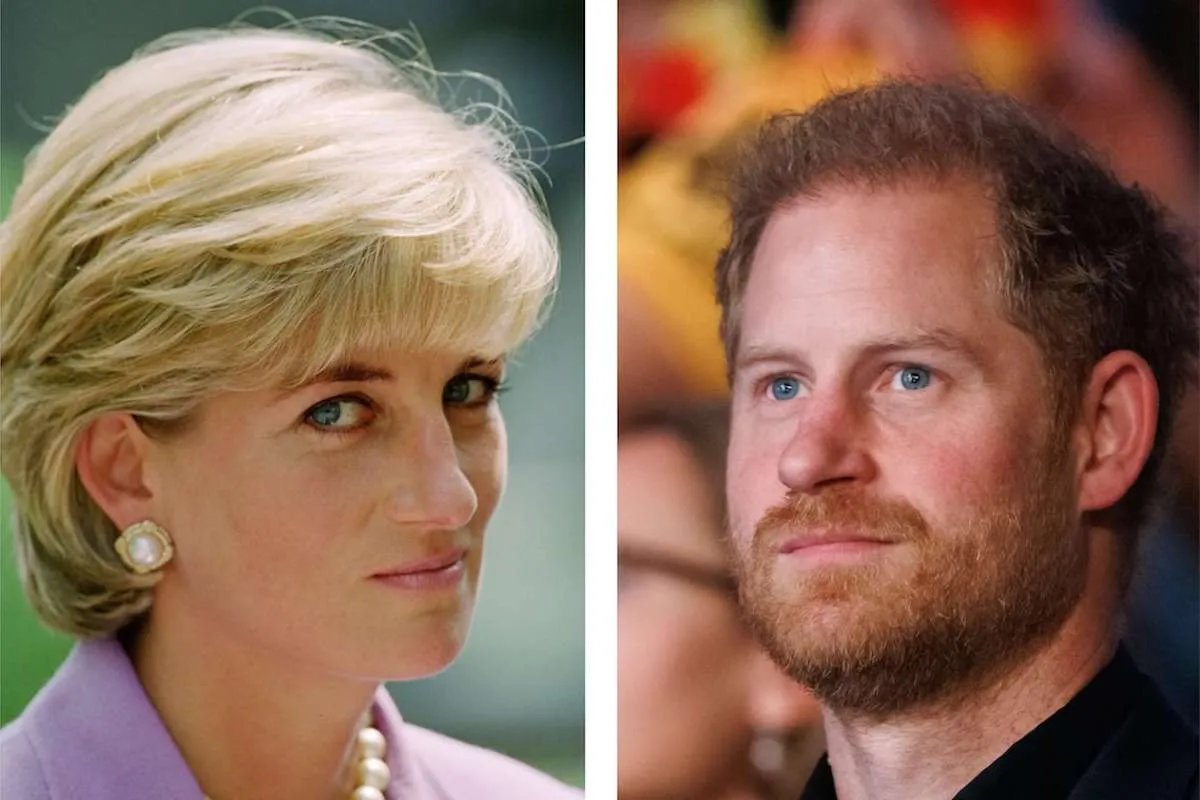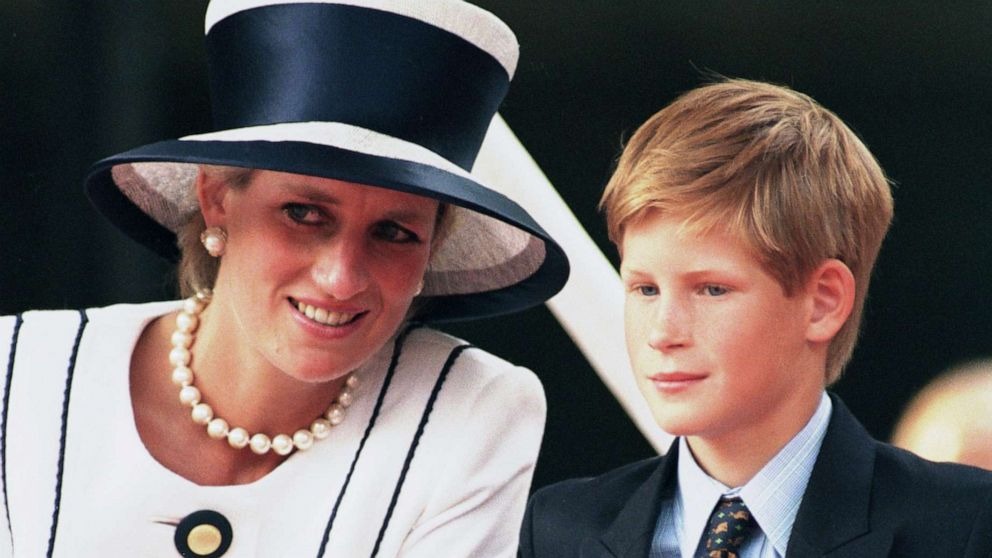Princess Diana, remembered worldwide as the “People’s Princess,” tragically passed away on August 31, 1997, in Paris following a car crash in the Pont de l’Alma tunnel. Her death, at just 36 years old, shocked the world and left an enduring impact on her two sons, Prince William and Prince Harry, as well as millions who admired her humanitarian work.
In the decades since her passing, Diana’s life, legacy, and untimely death have continued to draw public interest. Prince Harry, in particular, has spoken openly about the profound effect of losing his mother at such a young age. His words have resonated with many who admire his openness and advocacy for mental health awareness.
Buy vitamins and supplements
This article explores the facts surrounding Princess Diana’s death, the official investigations into the tragedy, Prince Harry’s public reflections, and how the late Princess’s legacy continues to shape global conversations about compassion, humanitarianism, and mental well-being.
The Facts About Princess Diana’s Death
On the night of August 31, 1997, Princess Diana was traveling in Paris with her companion, Dodi Fayed, when their car crashed while being pursued by photographers. Both Diana and Fayed died, along with driver Henri Paul. Only Diana’s bodyguard, Trevor Rees-Jones, survived.
Two major investigations were conducted into her death:
-
The French Investigation (1999):
French authorities concluded that driver Henri Paul, who was found to be intoxicated, was responsible for losing control of the vehicle. -
Operation Paget (2006):
A British Metropolitan Police inquiry, known as Operation Paget, reviewed allegations of conspiracy surrounding Diana’s death. After an exhaustive investigation, the report found no credible evidence of foul play and concluded the crash was a “tragic accident.”
In 2008, a jury at the Royal Courts of Justice in London reached the verdict that Diana and Dodi Fayed were unlawfully killed due to the gross negligence of driver Henri Paul and the paparazzi pursuing them. The jury did not find evidence of a murder plot.
(Source: UK National Archives, BBC News, Metropolitan Police Reports)

Prince Harry’s Reflections
Prince Harry was just 12 years old when his mother died. Over the years, he has spoken candidly about how her death affected him:
-
In the 2017 documentary Diana, Our Mother: Her Life and Legacy, Harry described the difficulty of processing grief in the public eye.
-
During interviews, he has shared how suppressing emotions in his youth later led to struggles with anxiety and anger, and how seeking therapy helped him cope.
-
In his memoir Spare (2023), Harry wrote about revisiting the tunnel in Paris to better understand what happened to his mother.
Rather than focusing on speculation, Harry has used his platform to emphasize the importance of mental health, grief processing, and breaking stigmas around seeking help.
Buy vitamins and supplements

Diana’s Humanitarian Legacy
Princess Diana’s influence extended far beyond royal duties. Her work included:
-
Advocating for HIV/AIDS awareness at a time when stigma was widespread. Her decision to shake hands with AIDS patients helped change public perceptions.
-
Supporting landmine victims and drawing global attention to the issue. Her 1997 walk through a minefield in Angola is one of her most famous humanitarian acts.
-
Championing homelessness and children’s charities, including organizations that supported vulnerable youth.
These causes remain central to the work of both Prince Harry and Prince William. Through foundations and charitable initiatives, they continue to honor their mother’s dedication to compassion and service.
Public Interest and Media Responsibility
While Princess Diana’s death remains a subject of public fascination, it is important to distinguish between verified facts and speculative theories. Official investigations, such as Operation Paget, have clearly stated that her death was a tragic accident, not the result of a conspiracy.
Reputable news organizations, including the BBC, The Guardian, and The New York Times, continue to emphasize the importance of accurate reporting on this sensitive topic. Unverified claims risk spreading misinformation and deepening personal pain for those directly affected by Diana’s loss.

Honoring Diana Through Action
For Prince Harry, keeping his mother’s memory alive has meant continuing the kind of compassionate work she began. Initiatives like the Invictus Games, founded in 2014 to support wounded and recovering service members, reflect Diana’s spirit of empathy and inclusion.
Prince William, similarly, has supported projects focused on homelessness, mental health, and early childhood development—causes his mother championed.
Buy vitamins and supplements
Together, both princes ensure that Diana’s humanitarian vision continues to influence future generations.

Conclusion
The story of Princess Diana’s life and legacy continues to inspire millions around the globe. While her death was officially determined to be the result of a tragic accident, her influence remains powerful.
Prince Harry’s openness about grief and mental health provides an important reminder of how trauma can shape lives, and how healing requires honesty, support, and compassion. By focusing on his mother’s legacy—her kindness, her advocacy, and her groundbreaking humanitarian efforts—Harry ensures that Diana’s voice continues to resonate.
Buy vitamins and supplements
As the world reflects on Diana’s impact, the lessons she left behind remain timeless: empathy matters, service to others endures, and love leaves a legacy stronger than tragedy.
